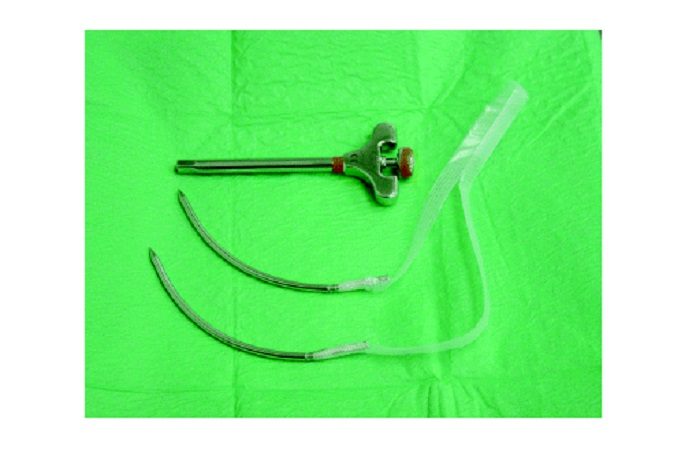A study at BJU International indicates that tension-free vaginal tape (TVT) may be a highly effective and safe option for certain patients with urinary incontinence.
Several new surgical procedures have recently been evolved for treating urinary incontinence, using a variety of sling types. In TVT surgery, a mesh tape is placed under the urethra to keep it in its normal position, so that when a person coughs or moves suddenly, the urethra can remain closed with no accidental release of urine.
Different studies comprised a mixed population of primary and secondary stress incontinence. Treatment outcomes of TVT in women as a primary procedure appear marginally better than in patients in whom previous surgery has failed.
The TVT offers women with uncomplicated stress incontinence a minimally invasive alternative for surgical correction. Perioperative risks are low, hospitalization short and the return to work/activity rapid.
The success rate of TVT in patients with a low-pressure urethra is lower in some series.
There are various reports on the use of TVT in treating mixed stress and urge incontinence in which 25–60% of these patients report resolution of their urgency after the procedure. The remainder reported their urgency as being improved or unchanged, with a few being worse. In most cases, the stress component is cured.
For instance, at 17 years after surgery, 41 of 46 women (89.1%) who underwent TVT implantation declared themselves cured. Similarly, 42 of the 46 women (91.4%) were objectively cured, as determined by clinical tests.
Early published data suggest good success rates, with a minimally invasive procedure that can be performed under local anaesthesia with low morbidity. The procedure has gained widespread popularity amongst both urologists and urogynecologists, although long-term results are not yet available.
